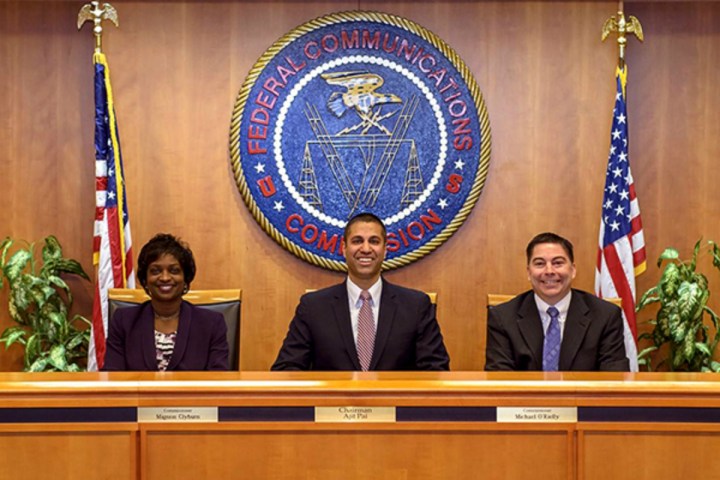
“5G could transform the wireless world,” Pai said. “We stand on the cusp of new advancements, but it’s not a foregone conclusion that we’ll achieve this potential. 5G will require a lot of infrastructure.”
Net neutrality limits internet deployment in Pai’s opinion, according to Tech Crunch.
Pai referred to the net neutrality regulations implemented by the Obama administration as “1930’s-style regulation.” He said those regulations “disincentivized” broadband providers from making infrastructure investments to support both current and future technologies.
“Last year, the United States experienced the first decline in broadband investment outside of a recession,” said Pai. He believes the answer is a free market with only “light-touch regulation.” An example of Pai’s pullback from regulation was dropping FCC investigations into zero-rating, which is when mobile carriers don’t count media streaming in monthly data plans. Those who argue in favor of net neutrality believe zero-rating practices favor large, existing companies and make it harder for newcomers.
Senator Al Franken, D-Minnesota, a strong proponent of net neutrality, wrote to Pai after his appointment, exhorting him to keep net neutrality intact: “Allowing giant corporations to pick and choose the content available to everyday Americans would threaten the basic principles of our democracy,” Franken wrote. “I urge you to protect freedom of speech by maintaining and enforcing the Open Internet Order.”
Following his presentation, Pai spoke with European mobile executives and CNBC anchor Karen Tso. He pointed out that he sees the new unlimited data plans recently introduced by the four major U.S. carriers as an immediate positive result of his taking office and making his decision on net neutrality. Previously, there was a “climate of uncertainty” from events such as Brexit and President Donald Trump’s election, but now his view is that the market is already responding positively.
“The truth is that consumers like getting something for free,” Pai said. “Preemptive regulation did not deliver those benefits. The free market did.”





